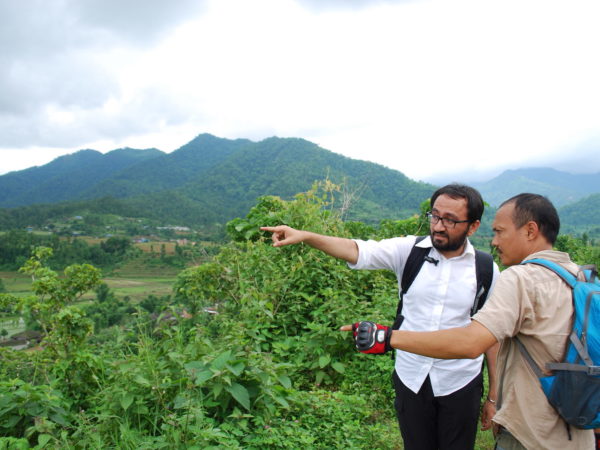2014 Policy Review
On 6 March, 2014, the World Bank Inspection Panel announced the final version of their revised operating procedures that govern how they address complaints from people harmed by World Bank projects. The panel had put the draft policy out for public comment as part of a consultation in late 2013 through early 2014.
Accountability Counsel regrets that despite unanimous comments from diverse actors demanding that they change provisions in the draft so as not to undermine accountability, the panel ignored those comments and announced a final version of the policy that made virtually no substantive changes from the draft. Most troubling, the panel retained – word for word – its “pre-registration pilot” program, which invites what they call problem solving, but without the protections that are required for such efforts to be rights-compatible.
Also troubling, the panel retained and has now codified the “practice” of declaring complaint eligible for investigation, but then recommending no investigation while bank management works to address concerns. Complainants are not given the opportunity to object to this denial of their right to an investigation audit under the panel’s mandate.
Joint Comments Submitted Demanding Accountability
On 15 January, 2014, 32 civil society organizations joined together to demand changes to the World Bank Inspection Panel’s draft operating procedures. The panel’s proposed revisions to its policy risk undermining the panel’s ability to deliver accountability. Read the joint CSO letter here.
One key concern with the draft operating procedures is the piloting of a new “early solutions” approach that allows the panel, in consultation with management, to postpone registration of a complaint in order to explore early resolution between the complainants and management. Given that complainants are already required to give management a chance to address their concerns before they may submit a complaint, the pilot approach exposes complainants to unnecessary delays and uncertainty. The proposed revisions also introduce language that is potentially contrary to the governing framework that creates the panel and defines its powers, and could potentially limit complainants’ access to the panel process.
The joint civil society comments on the draft operating procedures propose a more active role for complainants in the panel process, and call for consistency with best-practice principles of independence, fairness, transparency, professionalism, accessibility and effectiveness.

